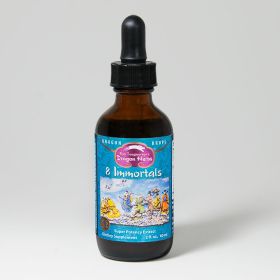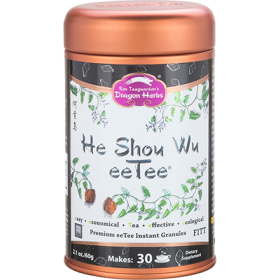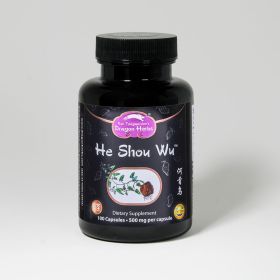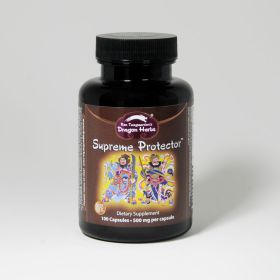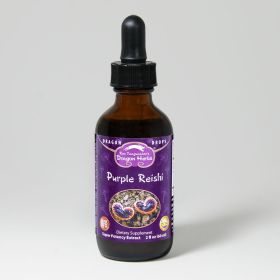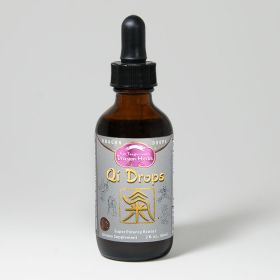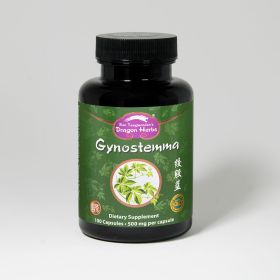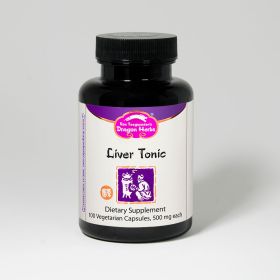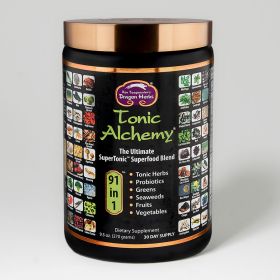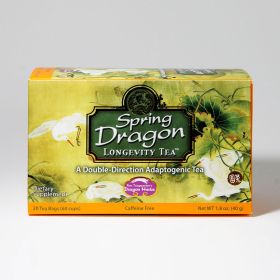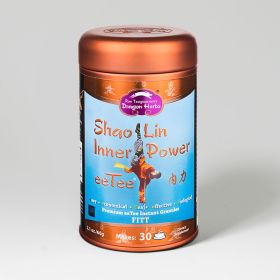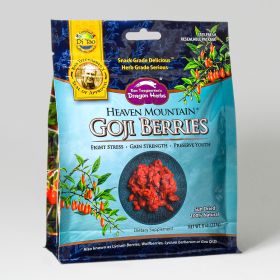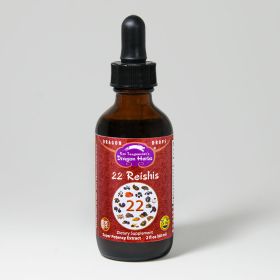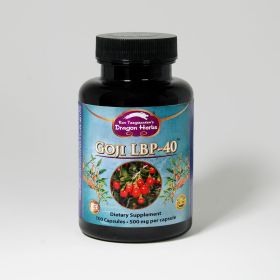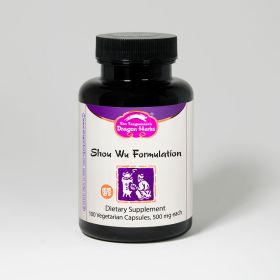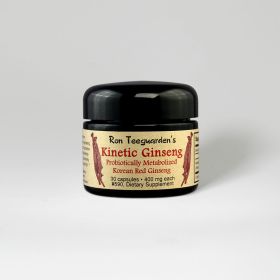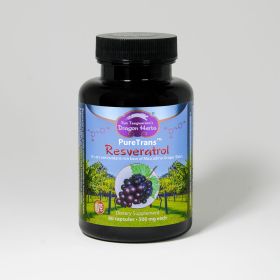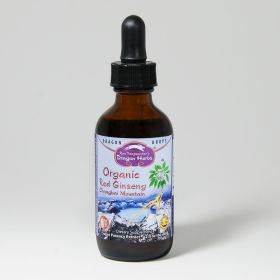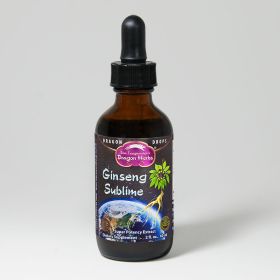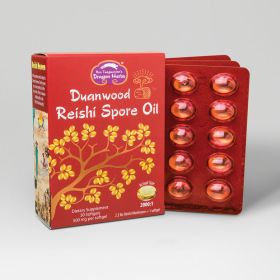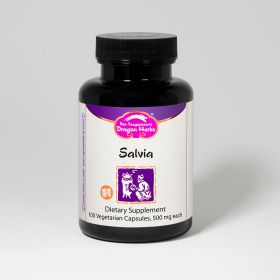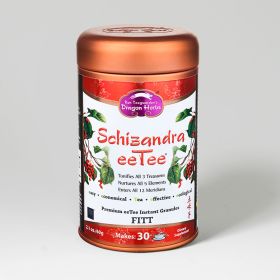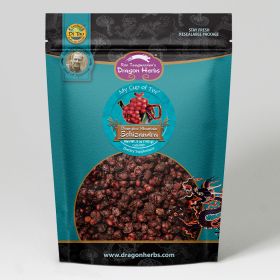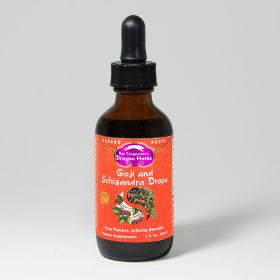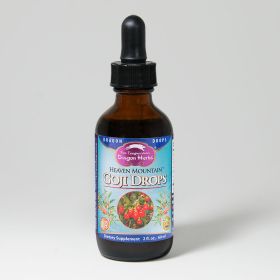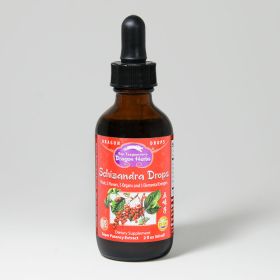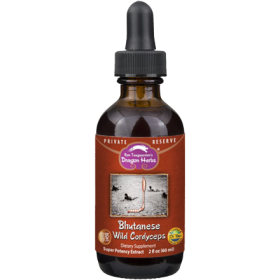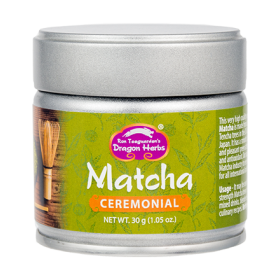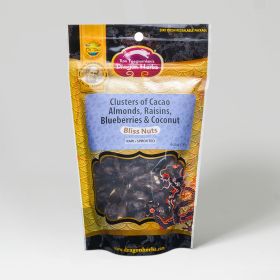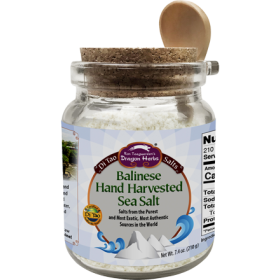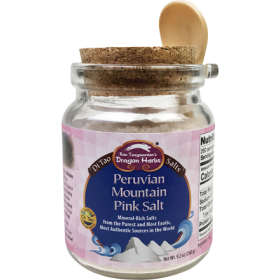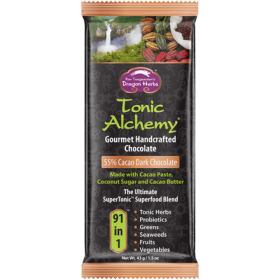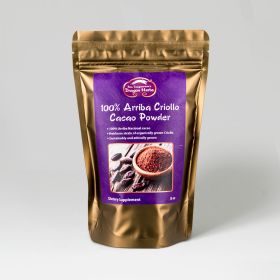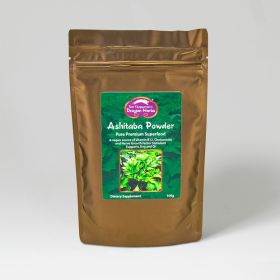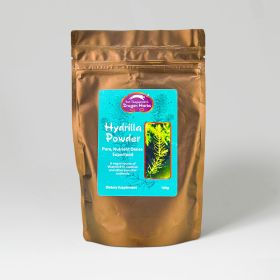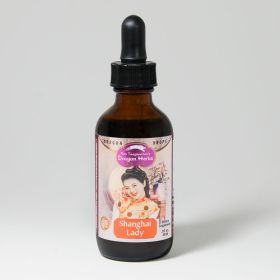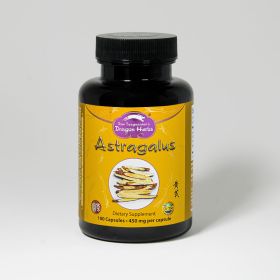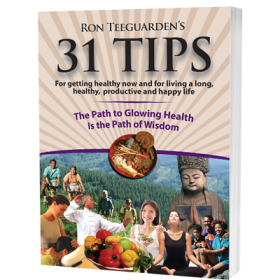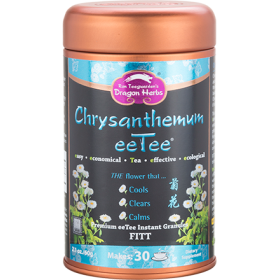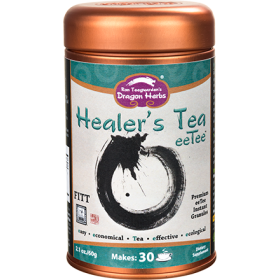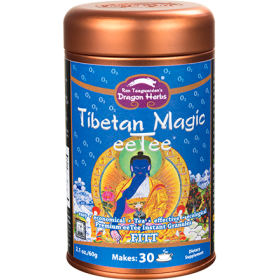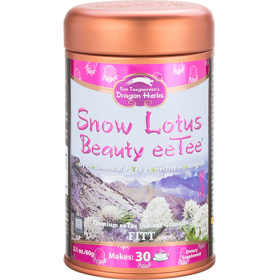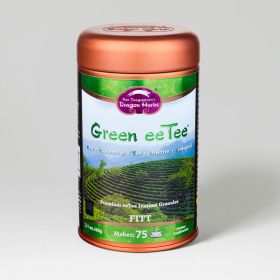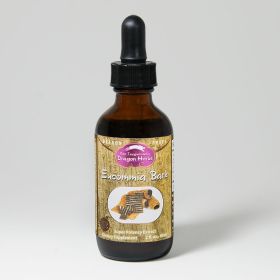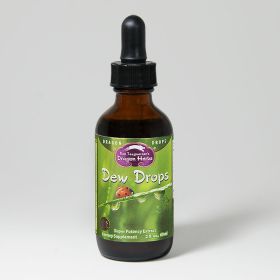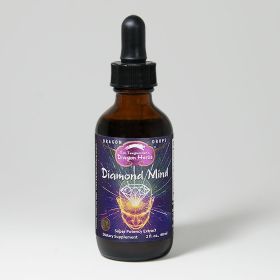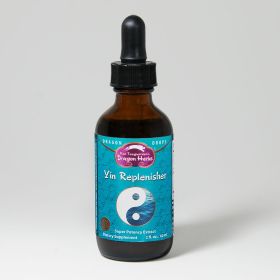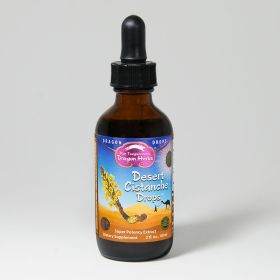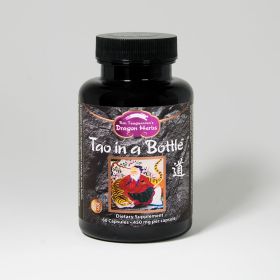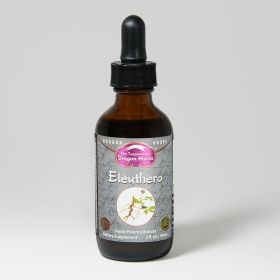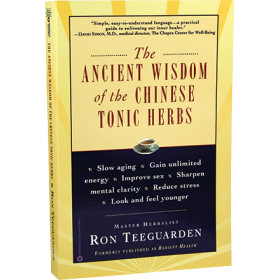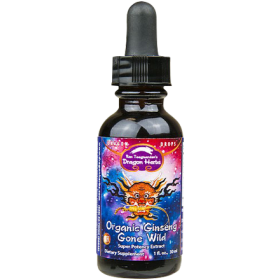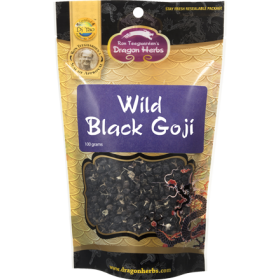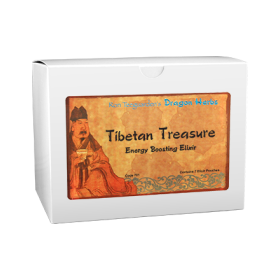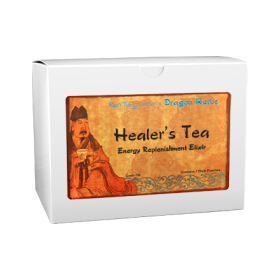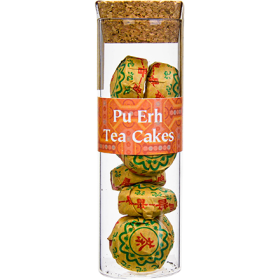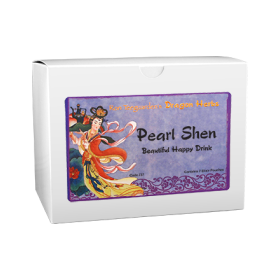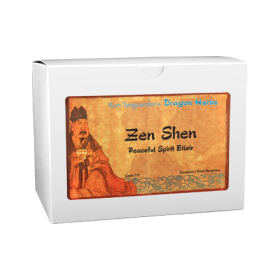This is a demo store. No orders will be fulfilled.
Call Our Herbalists
Herbal Consultations
A Long Life
The Chinese have long placed great importance to longevity. It is widely believed, and has been taught through the centuries, that longevity is achieved as a result of the following factors:
- Your “constitution” (genetics)
- Living a healthy lifestyle
- Taking proactive measures
- Adaptability
- Avoiding calamity
- Luck (and/or karma)
It is not possible to predict one’s longevity because of the large number of moving parts, but we can support each of the “factors.”
Supporting and Protecting Your “Constitution”
According to Asian health philosophy, each person is born with a strong, average or weak “constitution.” One’s constitution is a measure of the life force (Jing) inherent in your original genetic makeup. As such, Asian philosophy has it that if one has a ‘strong constitution,” that person will be more vibrant, more resilient, generally more powerful than a person with an “average” or “weak constitution.” But longevity may not exactly be baked into this constitutional cake. A person with a strong constitution should have the genetics (Original Jing) for increased survival and a longer life based on the amount of Jing that may be used over a lifetime. However, people with strong constitutions often die young while those with average or weak constitutions may live to be very old indeed. Those with a strong constitution often have an instinctual sense that they are invincible, so they practice risky behavior and shorten their lives. Those with average constitutions tend to be oblivious. Those with weak constitutions have chronic problems so they have a sense that they must take care of themselves. They have as good a chance of living very long as those with strong constitutions, but their longevity still depends on proactive health and well being choices and strong, healthy lifestyle habits.
Living a Healthy Lifestyle
Long life will not be a reward for living an unhealthy lifestyle. Lifestyle is clearly karmically related to longevity. One gets what they sow. Living a healthy lifestyle is actually quite satisfying, fun, easy and cool. You just need to get some good philosophy and apply it to your life.
Taking Proactive Measures
It is not enough to live a generally healthy lifestyle. That will support a long life, but not maximum lifespan. You need to take proactive measures. Yoga, Qigong or Tai Chi every day are essential because they require deep controlled breathing, mental focus and physical control. Meditation for sure will help. Proactively communing with Nature is very important is done right. Consuming superfoods on a daily basis will contribute tremendously to potentially living a maximum lifespan. Even more so, tonic herbs support activities that are not addressed with food, no matter how excellent the food is. Tonic herbs contain special constituents that are very rare in nature that optimize cellular and organic functions.
Adaptability
To live long, one must have strong adaptive capacity. Life is a series of changes, sometimes subtle and sometimes extreme. Adapting requires energy. Sometimes it requires great will. The stress of change drains Jing and Qi and tests our Shen. We as humans have excellent innate adaptability – though our adaptability is largely linked to our constitution and also strongly linked to our lifestyle, habits and the adaptogenic herbs we consume.
Avoiding calamity
Taoist sages strongly believe that calamity can be avoided by developing strong intuition, and having the vitality to respond to danger. Though calamities and accidents are largely a matter of circumstance and luck, they are also somewhat controllable in many instances. Fools are oblivious to danger and the wise can see danger coming. Caution is an aspect of wisdom – and longevity. Maintaining your health is also a way to avoid calamity in that healthy living helps people avoid and overcome the diseases and disorders of the world that all-to-often result in personal calamities (eg, smoking, or excessive drinking, or drug abuse or playing American football). Some herbs have long been believed to enhance a calm, clear mind and vitality sufficient to act when necessary.
Luck and Karma
What is the difference between Buddhism and Taoism? Buddhists believe in karma, Taoists believe in luck. Of course there’s a lot more to it, but that is a fundamental difference in paradigm.
Buddhists believe you control your luck by building good karma – doing service, avoiding evil, being good, feeling compassion and practicing compassionate work. Taoist too believe you can control your luck – by living in harmony with the cosmic and earthly cycles, communing with Tao, and by practicing harmonizing energy work. Can you control your karma and your luck? Meditate upon it.

